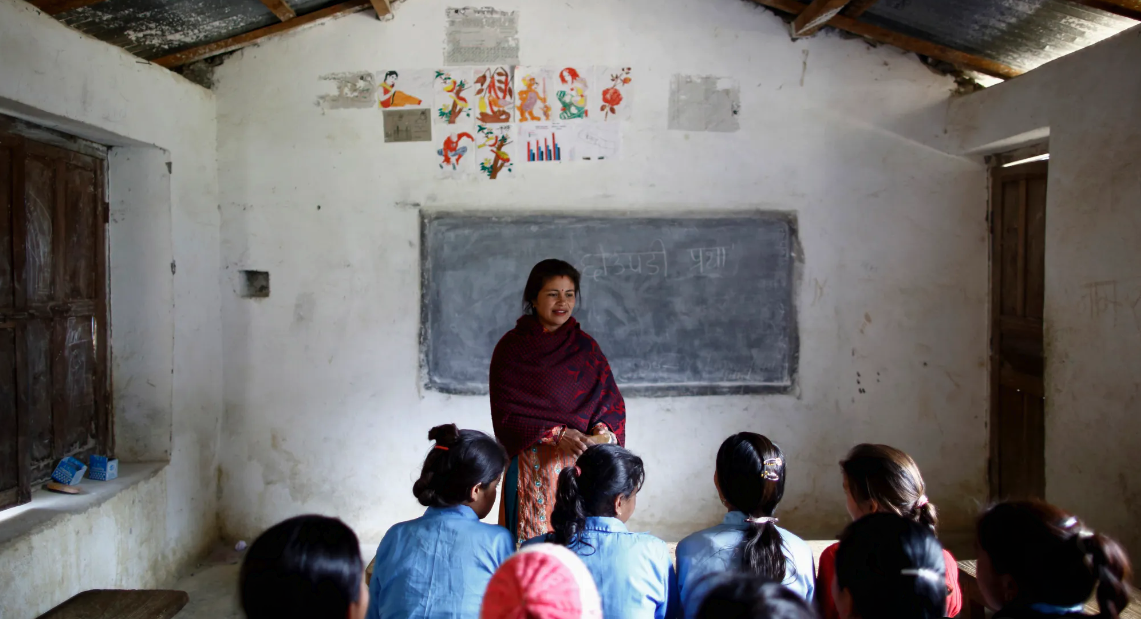
Research paper published on Payment by results (PbR) and equity in sexual and reproductive health (SRH) programming
Recent research we co-authored has been published in the International Journal for Equity in Health, on the effects of using payment by results (PbR) by the UK’s Foreign, Commonwealth and Development Office (FCDO) to promote equitable contraceptive use. The study assessed the PbR model used by the multi-country Women's Integrated Sexual Health Programme (WISH) implemented by consortia led by Marie Stopes International (MSI) and the International Planned Parenthood Federation (IPPF). The study focused on Pakistan, Ethiopia and Senegal through a series of case studies.
Our work

Agriculture and Access to Finance evaluations, Élan in the DRC

PbR and equity in SRH programming

Land titling and Climate adaptation in Ethiopia

Results Based Financing (RBF) in Education: Nepal, Mozambique and Tanzania

Evaluating improvements to Starting a Business in the DRC

Evaluating mobile money and financial inclusion in Mozambique

The PbR approach on the Girls' Education Challenge (GEC)

Designing M&E systems

Data in international development
Our Services
-
Monitoring & Results measurement
We support programmes to develop and deliver improved monitoring and results measurement (MRM) systems. This includes the design of payment by results (PbR) / results based financing (RBF) approaches, and development of MRM/M&E and value for money (VfM) frameworks.

-
Evaluation & Impact appraisal
At the heart of our work is design and implementation of high quality and rigorous evaluations, using quantitative and qualitative methods. We support programmes to measure and understand impact, across a range of sectors in international development.

-
Learning & Adaptation
The ultimate goal of research should be to improve and learn, influence policy, and adapt projects and programmes to maximise effectiveness, value for money, and impact. We provide the rigour to achieve this, and support design, strategy & implementation of development programming.


Let’s Work Together
We’re always looking for new opportunities and put together strong and capable teams to work in a wide range of country contexts and sectors. Please get in touch.
